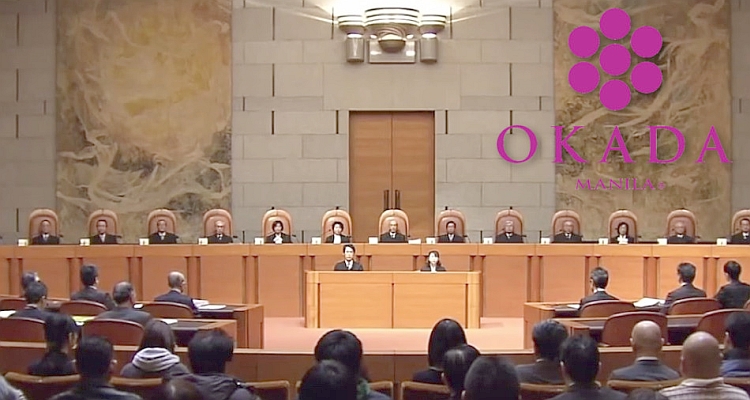The Supreme Court of Japan has rejected an appeal to hear a defamation case brought by Japan’s Universal Entertainment Corp against Reuters. The decision upholds two lower court rulings in the country.
The Court stated in a brief on the ruling that Universal had no grounds for appeal. This ends the legal saga stemming from two articles Reuters published in November 2012 about $40 million in payments the company made to a close associate of the Philippine gaming authority for consultation on Universal’s Manila Bay casino project, now known as Okada Manila, after founder former Universal chairman Kazuo Okada.
The Tokyo District Court earlier ruled that Reuters’ reporting was accurate. Universal appealed that decision to the Tokyo High Court which upheld the ruling. The Supreme Court’s refusal to hear the case brings the appeal process to an end.
Universal sued Reuters along with three of its journalists for defamation in December 2012. Universal accused the news agency of “biased and unfair reporting” and sought ¥200m ($1.79 million) in damages.
The articles, one entitled, “Exclusive: Philippines fixer paid $30 million by Okada’s Universal – sources” detailed money sent by a Hong Kong firm established by Universal to Manila-based consultant Rodolfo Soriano. The money was reportedly paid out while Philippine authorities were being lobbied for concessions including tax relief, to boost the profitability of the multibillion dollar integrated casino resort Universal was planning for the Philippine Amusement and Gaming Corporation’s (Pagcor) Entertainment City on Manila Bay.
Philippines authorities created a panel to look into the payments which were also probed by the Nevada Gaming Control Board.
The Reuters articles noted that Soriano was an early partner in the project and that he had close associations with important people in the Philippines including the husband of former Philippine President Gloria Macapagal-Arroyo and the former head of Pagcor.
Universal has denied any wrongdoing.
According to a Reuters report on the Japan Supreme Court ruling, a Reuters spokesperson said: “We are pleased with this resolution, which upholds the right of the press to report on news in the public interest.”
As reported earlier in an unrelated matter, Universal chairman Kazuo Okada was removed from his position in June for “serious violations of governance” related to alleged fraud in transferring $17.3 million from Universal’s Tiger Resorts Asia into a company controlled by Okada and his son.
Okada is also under scrutiny by the FBI and involved in litigation with former friend Steve Wynn, who removed Okada from the Wynn board in 2012, allegedly over the payments outlined in the Reuters articles. The former friends sued each other and the outcome of those cases are still pending.



